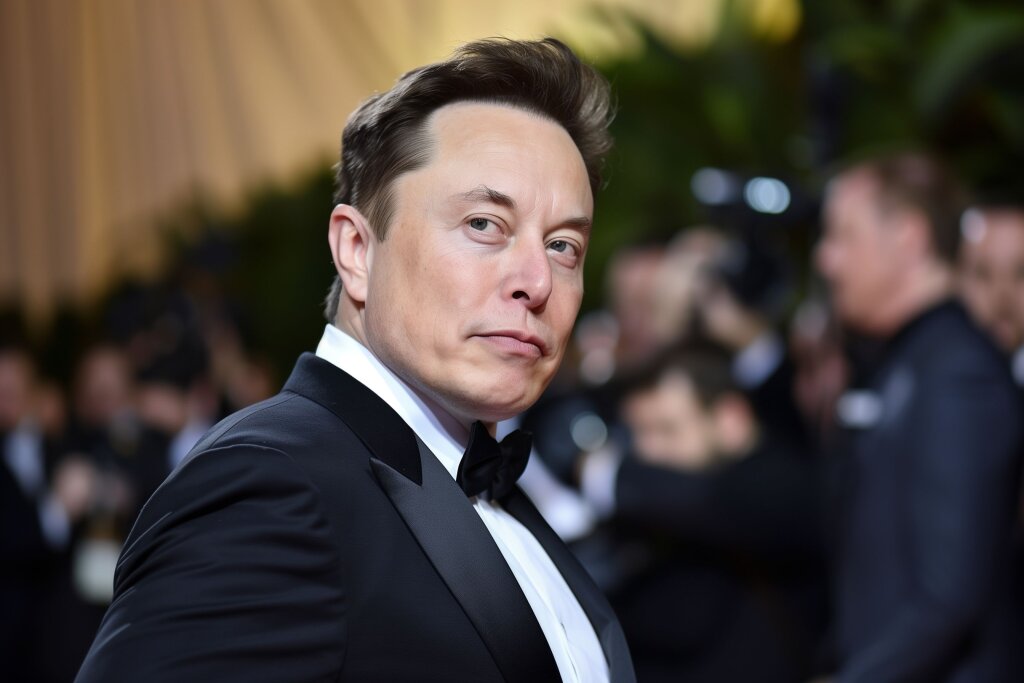A wave of "anti-Tesla" bills are sweeping the nation — but some advocates warn that the lobbying firms helping cities fight for those laws are often cashing checks from Elon Musk on the side.
In the last several months, states across the country have all advanced efforts to protect their communities from the potential dangers of driverless vehicles — and the automaker/"government efficiency" hawk who's best known for selling them: Musk.
In New York and Missouri, for instance, lawmakers have taken aim at Tesla with proposals to require all new cars and trucks to be sold through franchised dealers, a move which would effectively force the closure of the company's direct-to-consumer showrooms — and which proponents openly acknowledge is intended to hit back against Musk for the harm he's caused to their communities during his tenure in Department of Government Efficiency.
In California and Colorado, meanwhile, lawmakers preemptively attacked Tesla's plans to unleash fully driverless trucks and taxis on U.S. roads with a pair of bills that would require all "autonomous" vehicle companies to put a human driver behind the wheel as a safety backstop — and to protect the livelihood of the human workers those AVs would replace.
The bill in Colorado, though, was vetoed by Gov. Jared Polis — and some experts fear for the others, which have been the target of massive lobbying campaigns funded by Tesla. Even worse, all of the states exploring that legislation are home to cities that have hired the exact same lobbying firms to represent their residents' interests.
"The wave of anti-Tesla legislation is, I think, one of the more effective responses to [what] Elon Musk did at DOGE," said James Browning, executive director of F Minus, a watchdog group that exposes conflicts of interest in lobbying efforts. "He's obviously desperate to detoxify Tesla and desperate to get back to business as usual. But there's a perverse irony here, which is that some progressive cities that have been really hurt by DOGE — and where you saw huge No Kings protests last weekend — are spending their own tax dollars on the same lobbying firms [as Musk]. And that's really dangerous and self destructive."
Browning explains that while a good lobbying firm can be a powerful tool to advance legislation that represents the interests of city residents — and often, a virtual necessity to get those bills passed — too many firms have been allowed to play both sides of the fence, shielded by laws that don't require them to disclose their client lists or the exact legislation they've been hired to promote or attack.
Even when lobbyists are forced to reveal who's paying their bills, Browning argues that working for cities can give lobbyists a veneer of normalcy when they go to bat for corporations like Tesla — even if the policies the automaker has hired them to help kill are corrosive to the same communities on their roster.
"If the person who came in to lobby was from, say, Tesla headquarters, that sends one message — and perhaps a negative message," Browning adds. "But if it's the firm Headwater Strategies, which also represents environmental groups, gay rights groups, and the City of Boulder, then that sends a very different message. That says, 'Let's not worry about DOGE; let's just focus on the state's economy.'"
After Musk's explosive White House exit, Browning argues that lobbyists may be a more important tool in his political arsenal than ever before — especially if his fragile détente with the president doesn't hold. And Browning warns Musk's use of lobbyists to attack safe and sustainable transportation policies at the state and local level could prove a devastating counterpoint to Trump's attacks from above.
"Part of the Trump/Musk strategy is to completely pervert the whole idea of government," Browning adds. "Government exists, in large part ... to protect people from abuses by corporations; obviously, Trump and Musk must want to turn that inside out. They want to make the whole idea of government synonymous with fraud and waste, [so] if it's a government program, therefore it must be fraudulent and wasteful. This trail of destruction [Musk has] left over the last five months — if there are no consequences for that, then it just emboldens other people on the right who want to continue tearing down government."
Apart from holding Musk accountable for the harm he caused during his days at DOGE, Browning argues that pressuring lobbyists to drop his businesses as a client might make those firms better advocates for the local governments and transit agencies that also employ them — and ultimately, a more powerful force multiplier for democracy.
And it may already be happening. Browning says congressional lobbying firm Pioneer Public Affairs dropped Tesla after an outcry, allowing them more time to focus on nonprofit clients like Public Citizen and the League of Conservation Voters — and other lobbying firms could easily follow suit.
But first, America might have to stand up and demand it.
"Lobbyists can be extremely nasty and hard to be around, and state capitals can be an uncomfortable place to be, and that's the way they want it," Browning adds. "They want members of the public, who are being harmed by some of these DOGE initiatives or anti-climate initiatives, to just stay home and take it, and to not come out and ask questions ... You look at some of these other protests, and I think it's clear that the tide is starting to turn against Trump and against DOGE. I think the big question here is, does Musk get to walk away from this disaster?"






